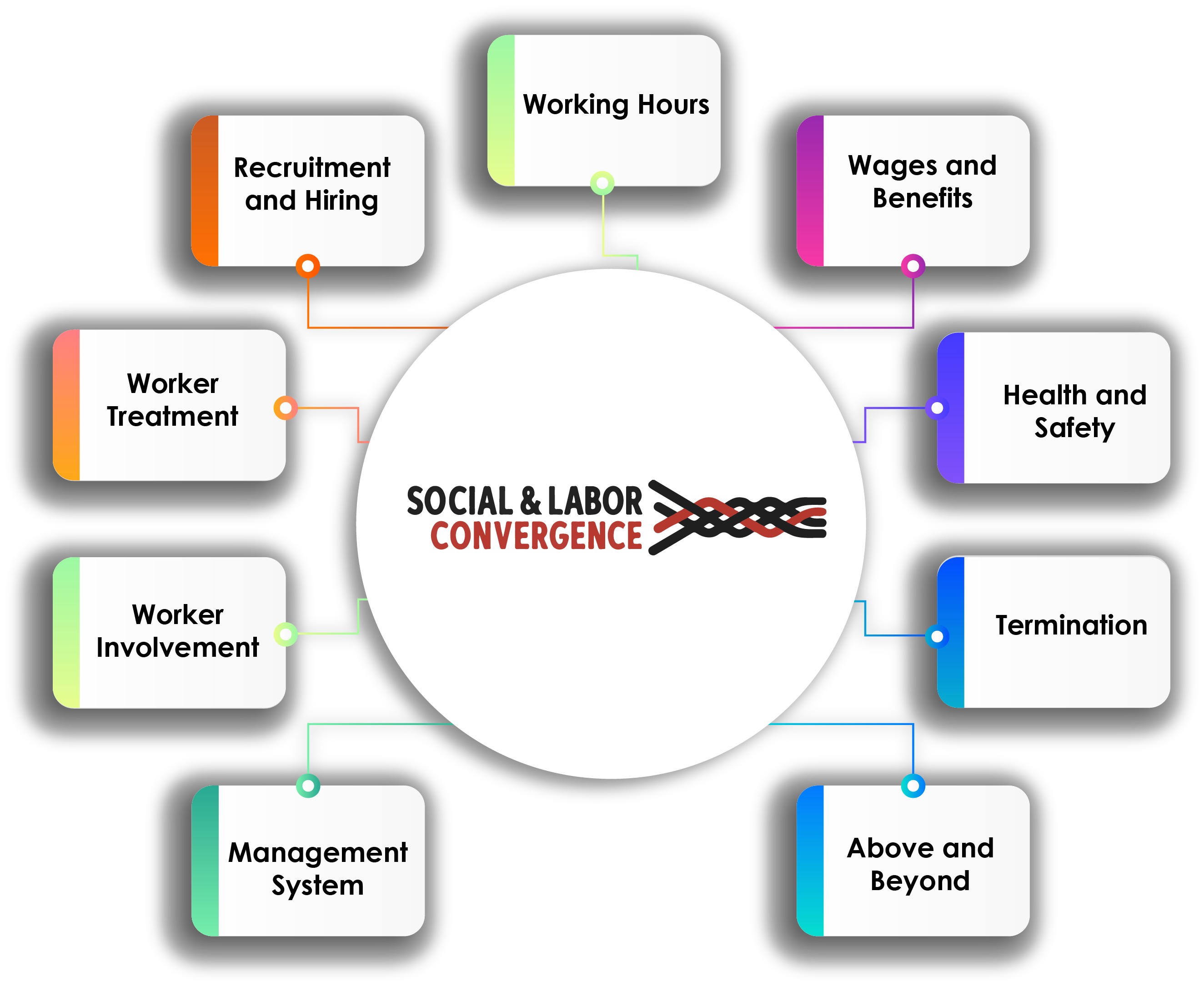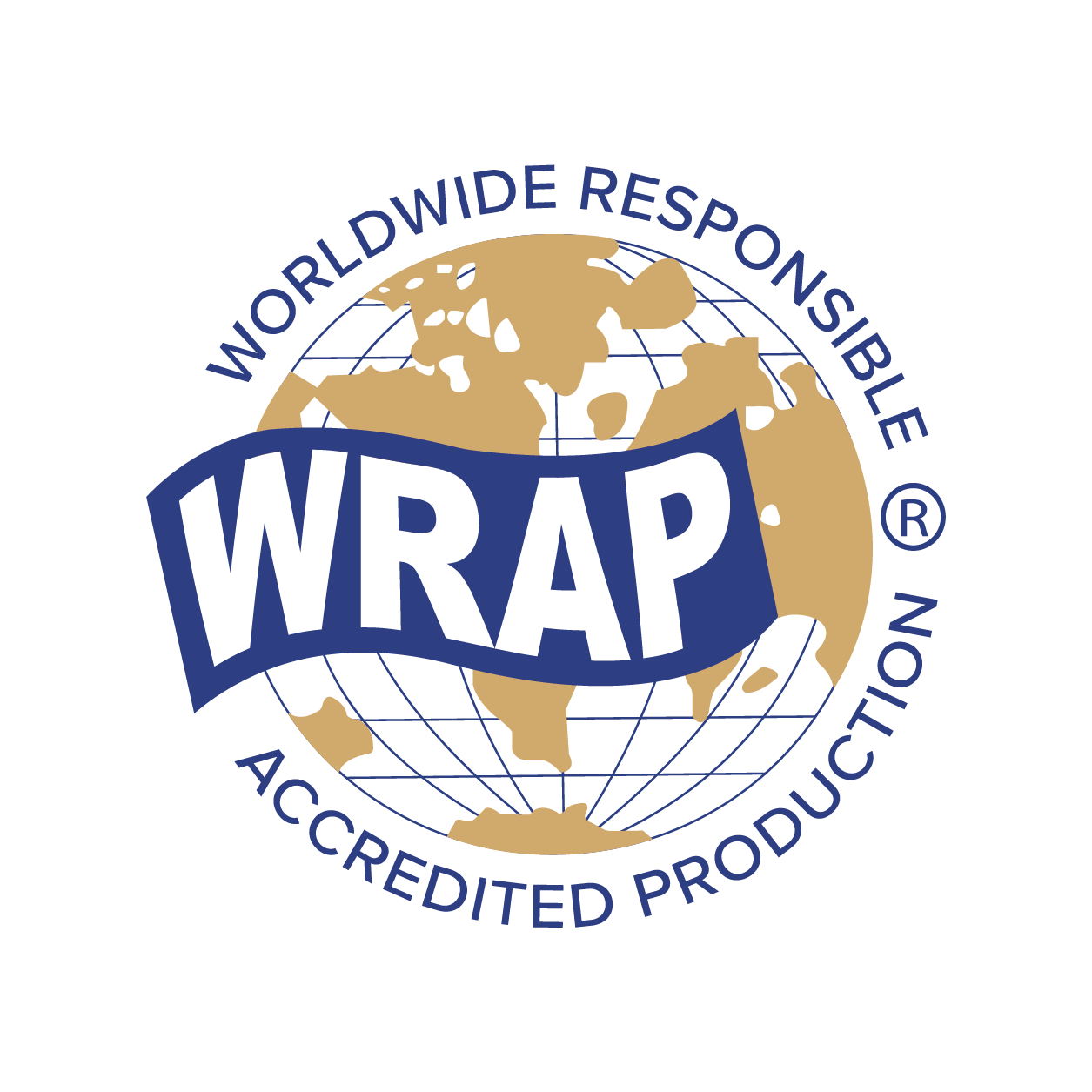
What is WRAP Certification? Importance, Benefits & Compliance Standards
In today’s global supply chain, ethical manufacturing and social compliance are no longer optional — they are business essentials. Brands, retailers, and consumers increasingly demand proof that factories operate responsibly and respect workers’ rights. This is where Worldwide Responsible Accredited Production (WRAP) comes into play.
WRAP is the world’s largest independent certification program focused on workplace compliance. It ensures that factories operate according to internationally recognized labor laws, ethical practices, and environmental standards. For businesses in the apparel, textile, and footwear industries, WRAP certification is a mark of trust that enhances credibility in the global market.
GSCS International., a leading certification and auditing body, is recognized for delivering comprehensive WRAP certification audits across the globe. With a strong focus on social compliance, GSCS helps manufacturers demonstrate their commitment to fair, safe, and responsible production.
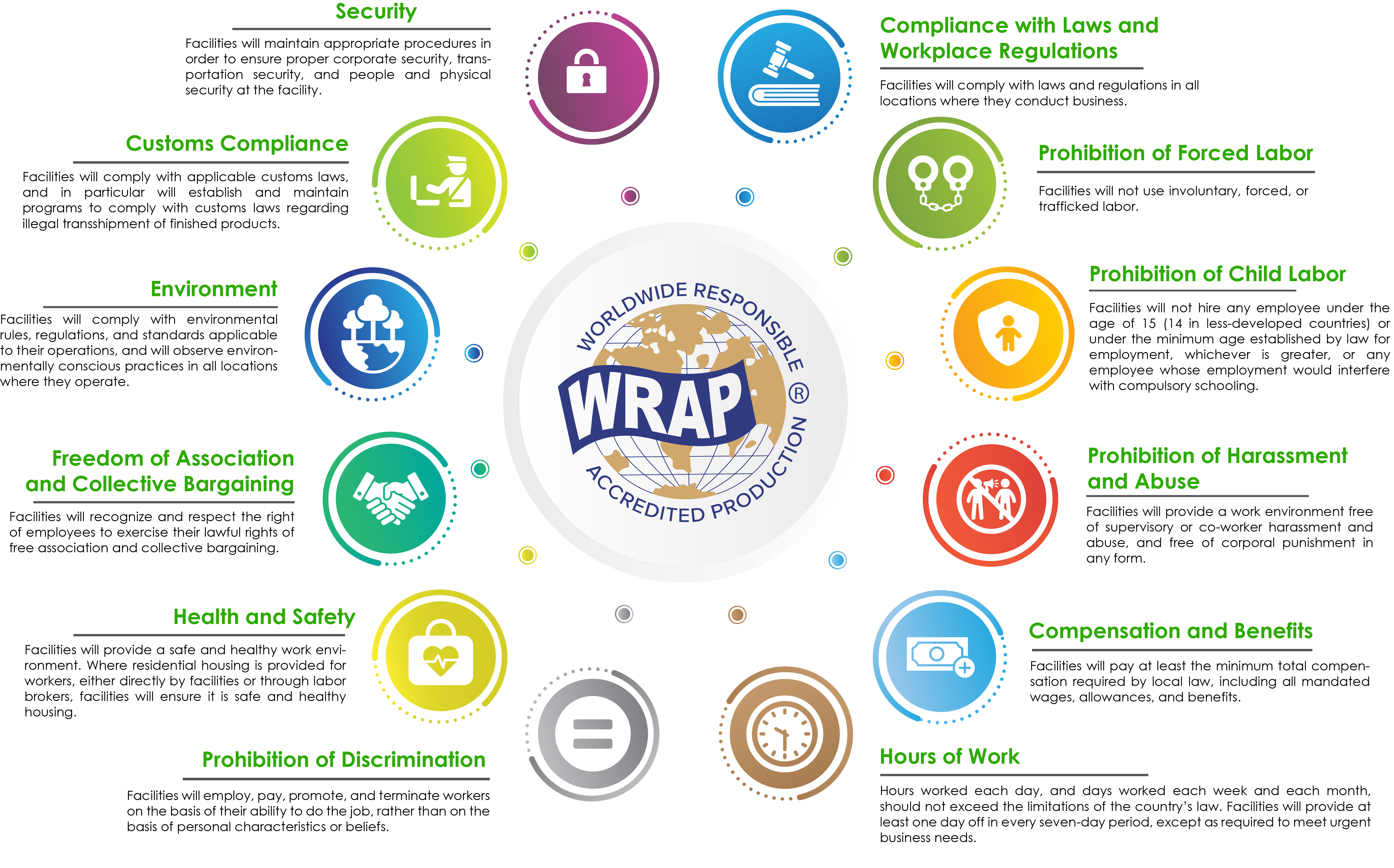

SMETA Explained: The Pillars of Ethical Trade Audits by Sedex
Introduction: Businesses increasingly face the onus of being held accountable for their ethical and sustainable practices. SMETA (Sedex Members Ethical Trade Audit) is an extremely valuable framework for encouraging transparency and responsibility in supply chains. SMETA ensures that labor crosscutting issues and business ethics are maintained at the highest levels. This is done while monitoring a company’s compliance with ethical trade standards.
This article discusses the importance, process, and advantages of SMETA while explaining why it has become a must for companies wishing to gain confidence and reputation in competitive markets.
book the course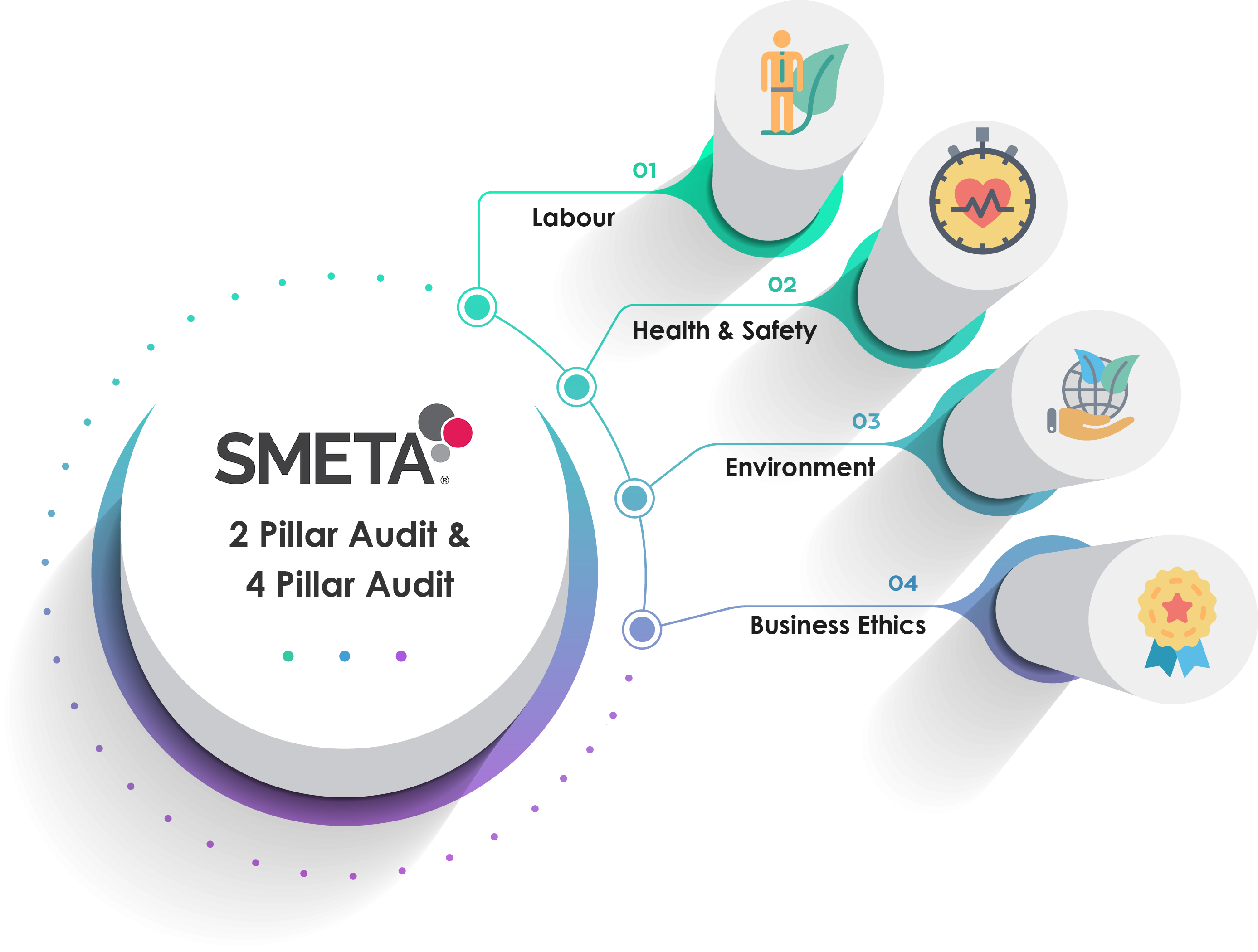
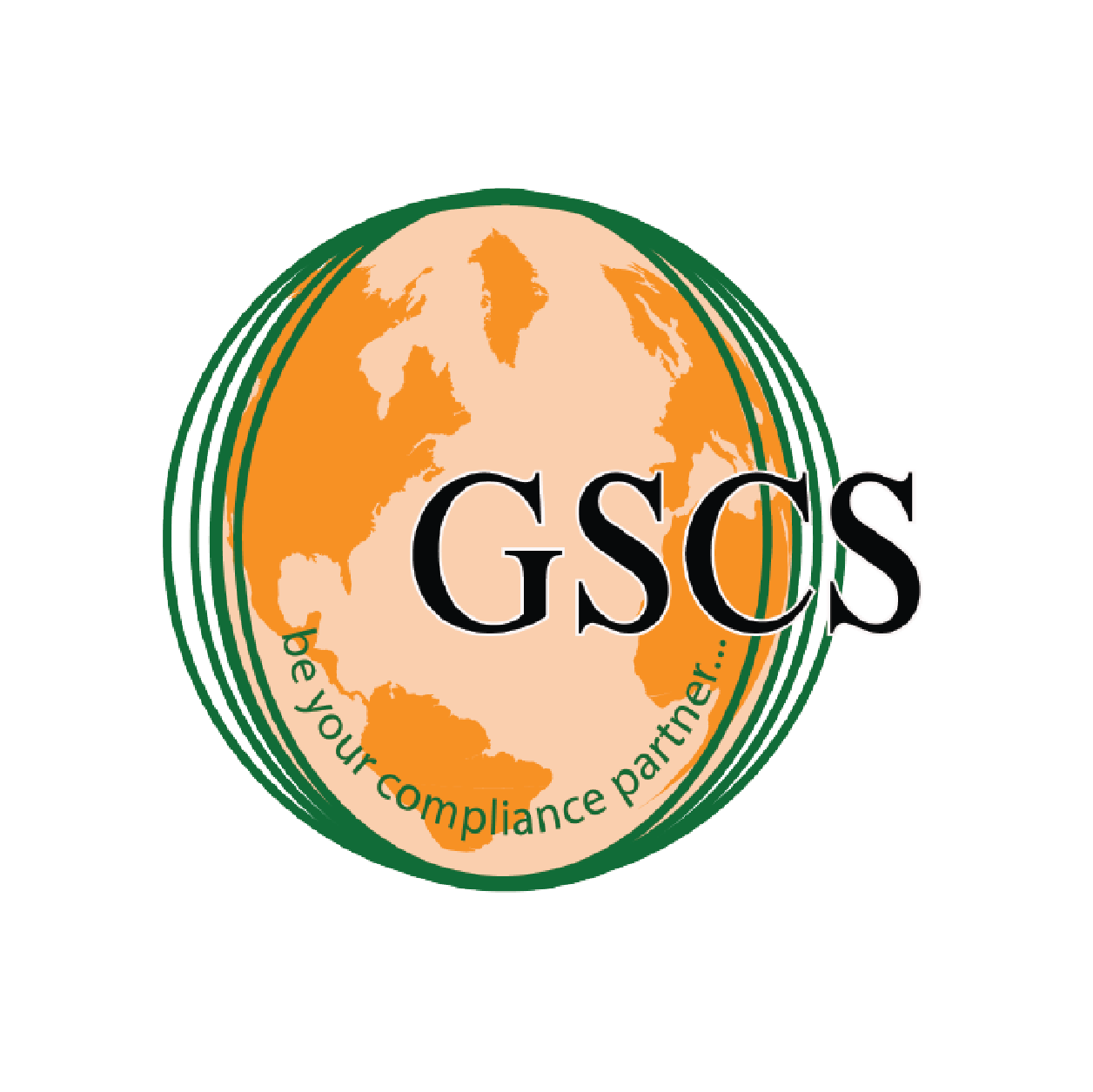
GSCS Genetic Code of Ethics Audit
GSCS has developed its generic social audit program based on the universal code of ethics for all customers. At the minimum, we require that all clients of GSCS should be meet the following standards
GSCS clients will not use child labor. Production facilities that employ employees less than 16 years of age would be considered in violation of the code of conduct and subject to immediate termination of the contract.
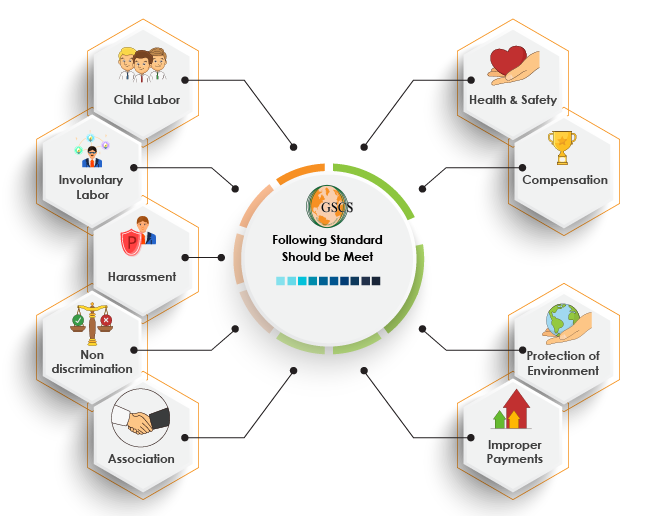

C-TPAT Certification and Audit for Boost Supply Chain Security
Introduction: Securing your supply chain is essential in today’s globalized trade context. Businesses have to worry about terrorism, natural disasters, security issues, and a hundred different ways goods can be compromised. One of the best active methods to strengthen security is with C-TPAT Certification and its verifiable processes. Customs-Trade Partnership Against Terrorism (C-TPAT) is a program that the U.S. Customs and Border Protection (CBP) manages to assist businesses in mitigating vulnerability along the supply chain while reaping plenty of benefits.
The Customs-Trade Partnership Against Terrorism (C-TPAT) is a voluntary supply chain security program led by U.S. Customs and Border Protection (CBP) and focused on improving the security of private companies' supply chains with respect to terrorism. We perform supply chain security audits against all Customs-Trade Partnership Against Terrorism (C-TPAT) global and regional requirements.
As part of enforcing and adhering to the international supply chain security standards, companies must assess their supply chain to identify, mitigate and eliminate potential security risks.
This article will discuss the importance of C-TPAT Certification, its inner workings, its benefits, and how C-TPAT audits enhance security in business organizations.
book the course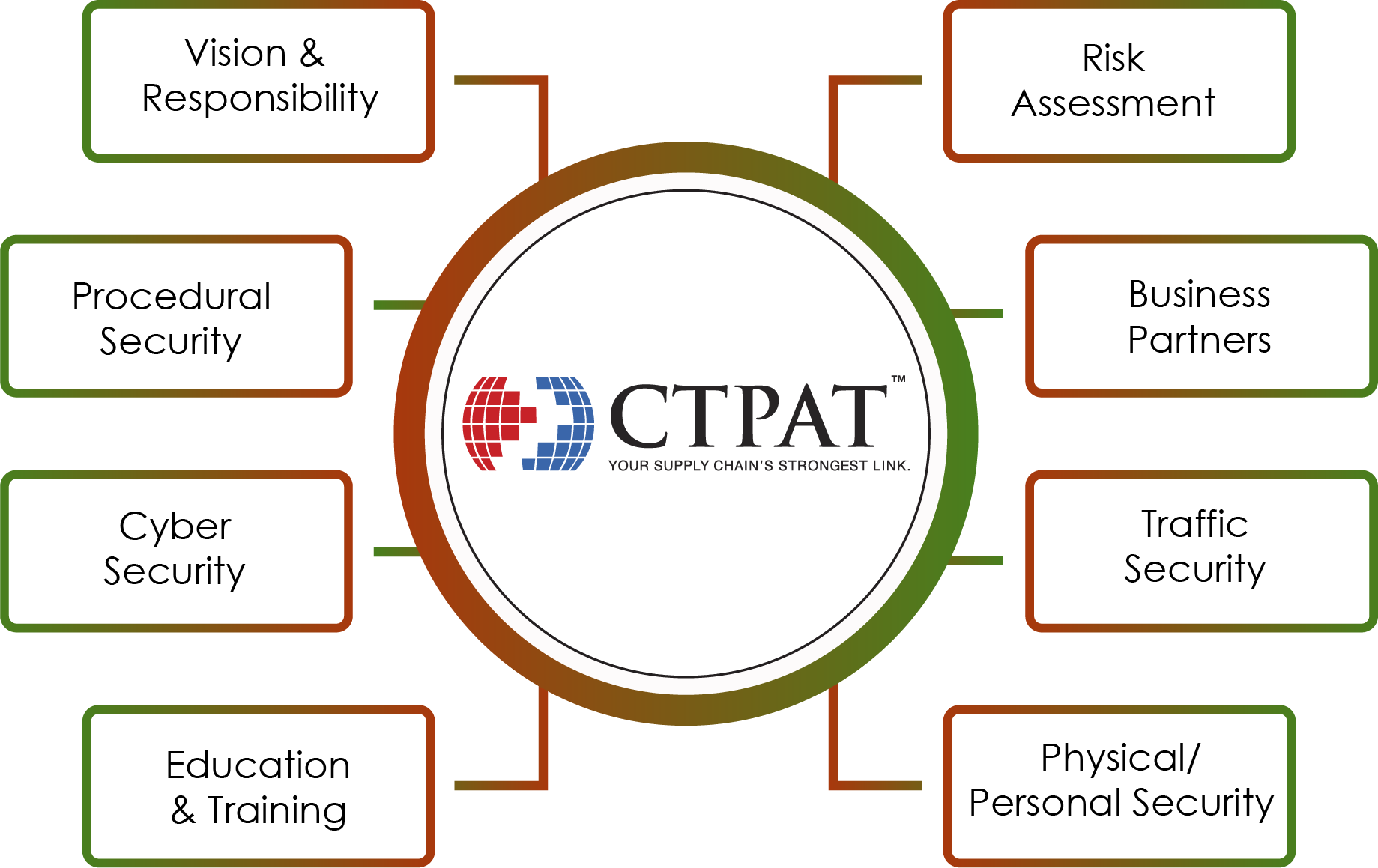
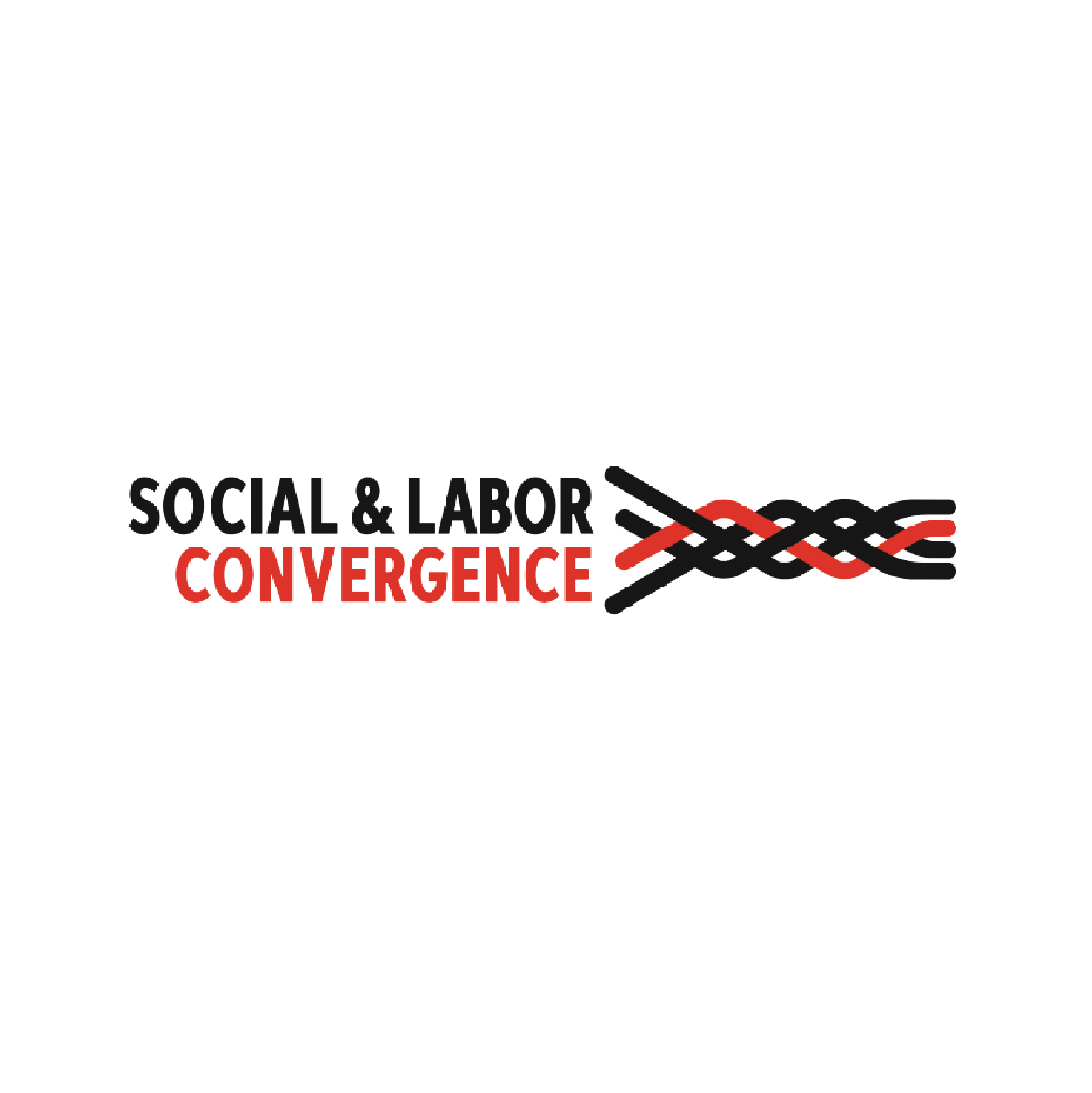
Optimizing Supply Chain Transparency through SLCP Audits
Introduction: SLCP Audits, or Social and Labor Convergence Programs, allow businesses to idealize and follow ethical social and labor practices across their entire supply chain. Due to the ever-growing consumer consciousness and regulatory pressures, brands are now forced to adopt sustainable and ethical practices across their supply chains. The (SLCP) audits have developed into an important instrument to improve the transparency of the supply chain and nurture stakeholder trust.
The objective of SLCP is to improve social and labor conditions by reducing the number of social and labor audits. This eliminates audits fatigue, enables data comparison, and frees up resources for improvement programs.
This article covers everything, including SLCP audits, their importance in the supply chain, and how to implement them within an organization using an SLCP gateway, an SLCP audit checklist, and processes.
